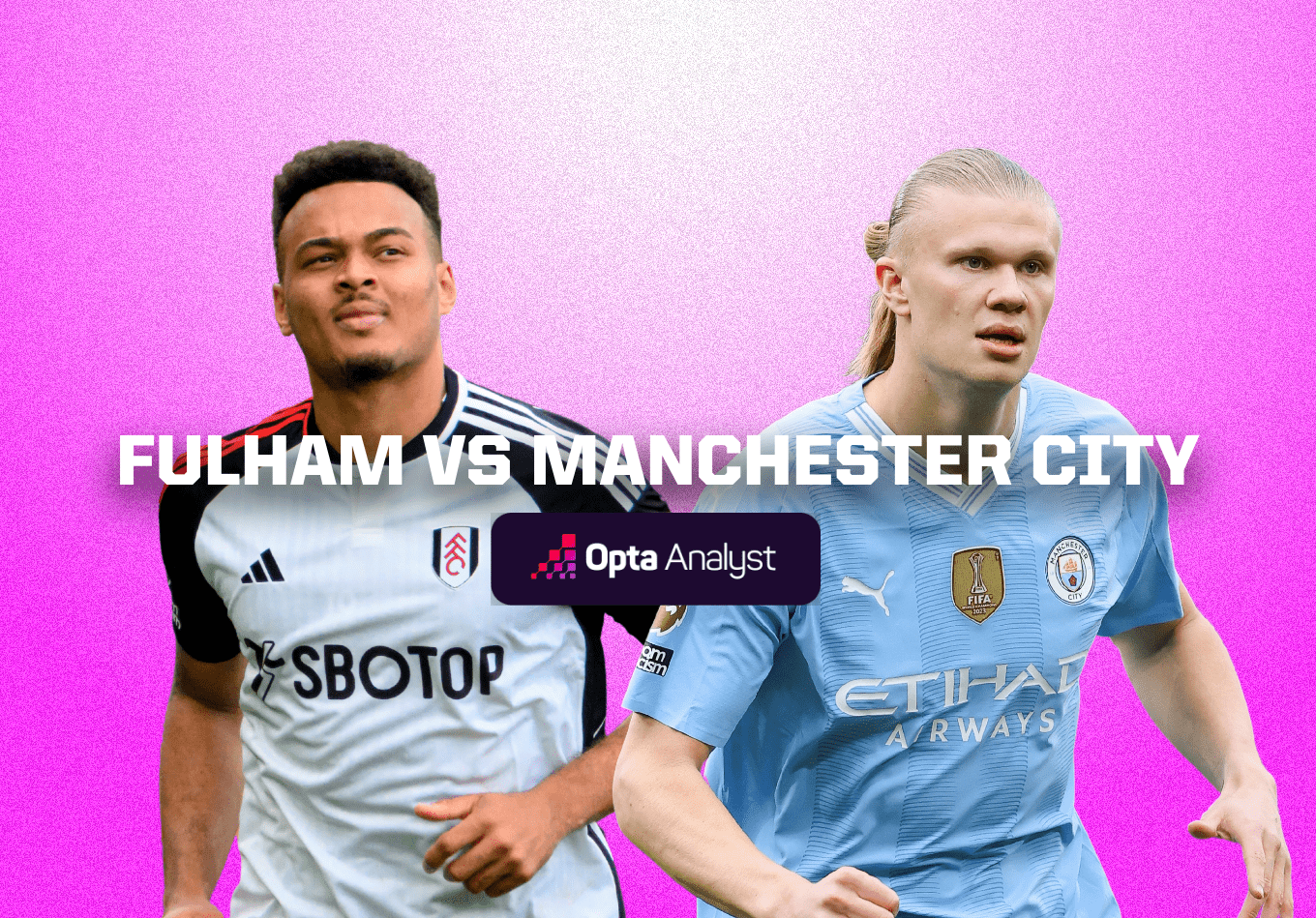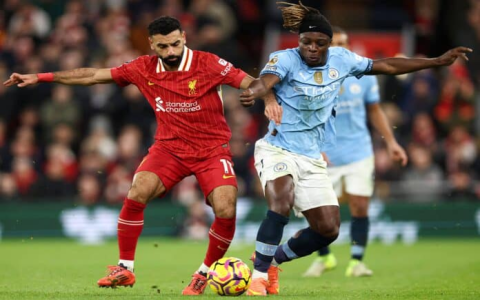Alright, so let me walk you through how I tackled this “man city fulham prediction” thing. It wasn’t some overnight magic, trust me!

First off, I started by gathering data. Like, a lot of it. I’m talking past match results for both Man City and Fulham, their head-to-head records, recent form (wins, losses, draws), goals scored, goals conceded – the whole shebang. I scraped some data from sports websites, and even dug into some football stats APIs. The more, the merrier, right?
Then came the fun part: analyzing the data. I used a spreadsheet to organize everything, looking for patterns and trends. Who’s been on a scoring streak? Which team’s defense has been leaky lately? Any injuries or suspensions that could impact the game? This is where you start to get a feel for the game beyond just the team names.
Next, I looked at some key stats. Stuff like possession percentages, shots on target, passing accuracy – you know, the metrics that give you a deeper understanding of how a team plays. Man City usually dominates possession, but has Fulham found a way to disrupt that in the past? These are the questions I was trying to answer.
After that, I considered the context. Where’s the game being played? Home advantage can be huge. Is it a crucial match for either team in terms of league standings or cup qualification? Motivation plays a big role. Is there any bad blood between the teams or managers? History matters!
I even factored in some “intangibles.” Things like team morale, recent managerial changes, even the weather forecast (seriously, a windy day can affect the game). It’s not all about numbers; football is also a mental game.

Then, I weighed all the evidence and made my prediction. I considered likely starting lineups, potential tactical approaches, and the overall momentum of both teams. It’s not a guarantee, of course – anything can happen in football – but it was an informed guess based on the data and my understanding of the game.
- Data Collection: Gathered historical match data, team stats, and relevant information.
- Analysis: Analyzed the data for patterns, trends, and key insights.
- Context: Considered factors like home advantage, team motivation, and injuries.
- Prediction: Formulated a prediction based on the analysis of all the information.
Finally, I wrote down my reasoning. That’s super important! It’s not enough to just say “Man City will win.” You need to explain why you think that. What are the key factors that led you to that conclusion? This helps you learn and refine your prediction skills for future games.










